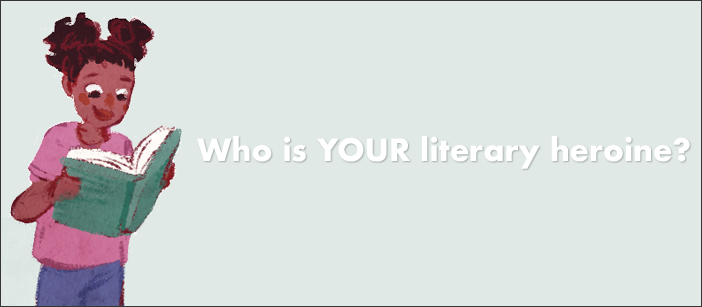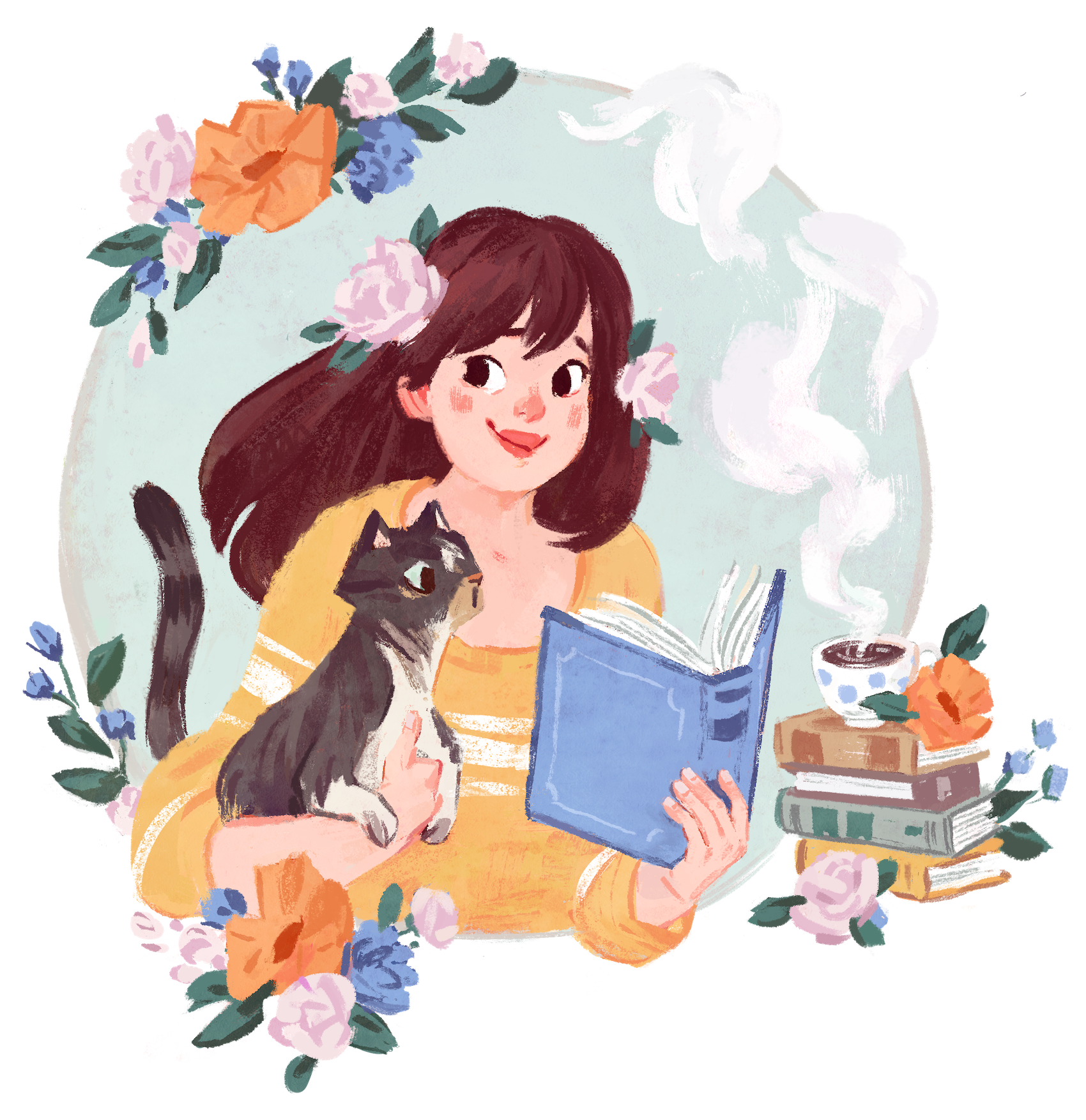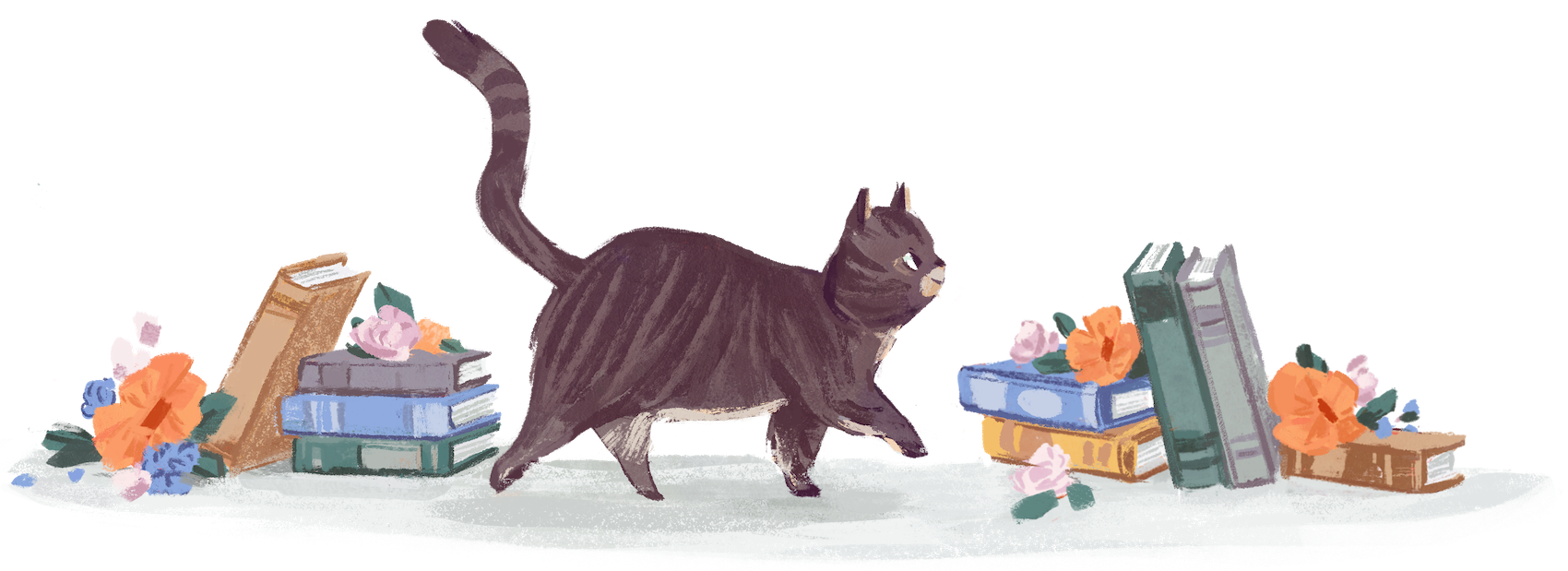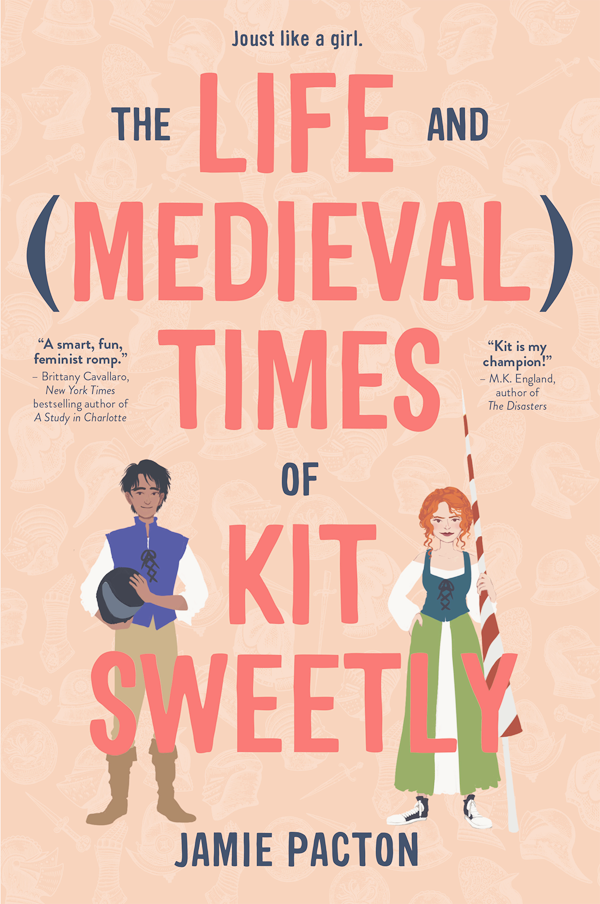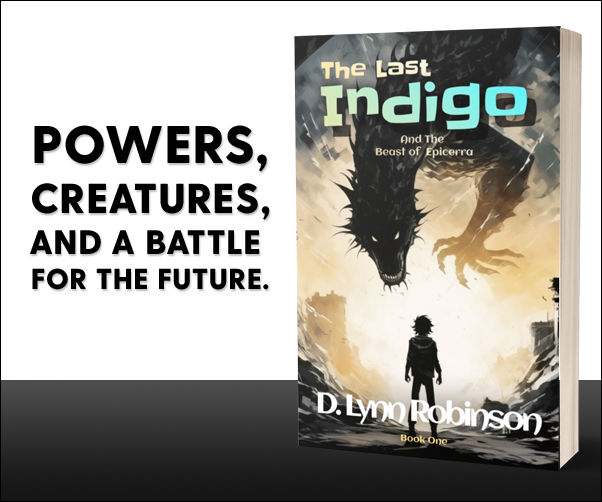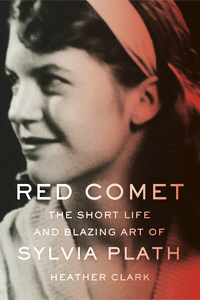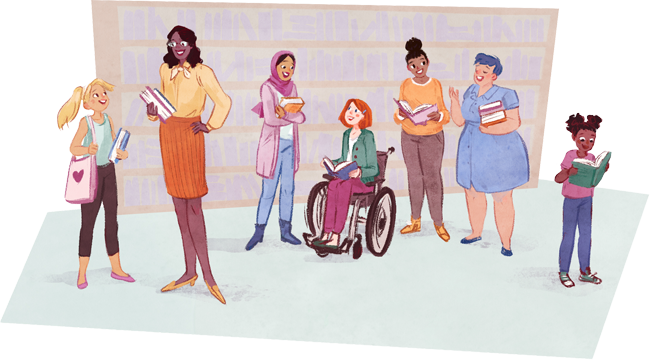
Her Story: Ladies In Literature is a special, month-long series on Pop! Goes The Reader in which we celebrate the literary female role models whose stories have inspired and empowered us since time immemorial. From Harriet M. Welsch to Anne Shirley, Becky Bloomwood to Hermione Granger, Her Story: Ladies In Literature is a series created for women, by women as twenty authors answer the question: “Who’s your heroine?” You can find a complete list of the participants and their scheduled guest post dates Here!

About Jamie Pacton
Jamie Pacton writes all sorts of books: dark, feminist YA fantasy; contemporary YA stories with a funny + geeky bent; funny MG adventure-fantasy; and, even the occasional adult rom-com. She was a Pitch Wars mentee in 2015 and she mentored YA in 2016, 2017, and 2018. She grew up minutes away from the National Storytelling Center in the mountains of East Tennessee; she’s the oldest of ten kids; and, she currently lives in rural Wisconsin with her husband, their two kids, and a dog named Lego. The Life and (Medieval) Times of Kit Sweetly is her Young Adult debut.
On The Literary Heroines Who Sustain Me
I always panic when I’m asked about my favorite anything — ice cream, bands, cities, and, most especially, anything book-related. There are just so many wonderful books to choose from, and my favorites’ list is about a mile long. So, when Jen at Pop! Goes the Reader asked me to write about one (just one!) literary heroine who has had a positive impact on my life, I struggled for days to decide who to write about.
And, frankly, I’m no closer to narrowing it down now.
I mean:
I love Artemisia from Blood, Water, Paint by Joy McCullough for her resilience, anger, and art. Artemisia gave me a lens to think about my own sexual assault and how I lived — and made art — through and past it.
I love Hesina from Joan He’s Descendant of the Crane for her wisdom, vulnerable moments, and the decisions she makes as empress. I think about Hesina often when I’m up against who I want to be vs. who I think I should become.
I love Xiomara from Elizabeth Acevedo’s The Poet X for the way she tries to make sense of the world, her family, and herself with her words. Xiomara comes back to me every time I reflect on my own teenage (and current) struggles with my very conservative parents.
I love Nahri from S.A. Chakraborty’s City of Brass for the ways she grows into her own power and the hard choices she has to make. I think about Nahri whenever I need a little magic of my own.
I love Izzy from Laura Steven’s The Exact Opposite of Okay for not being ashamed of herself or her choices about her sex life. I wish I’d been as brave, shameless, and confident as Izzy when I was a teenager; and, even today I think about her whenever I feel even the faintest ghost of shame about myself, my body, or my choices.
But, despite my love for all these female characters, they’re not the ones I go back to on a daily basis.
(I told you I couldn’t narrow it down to one!)
Every day — seriously, every single day — I think about the Vianne and Isabelle, the sisters who live in Occupied France during WW2, from Kristen Hannah’s The Nightingale. Isabelle is a resistance fighter who rescues downed Allied pilots; Vianne is a widow and mother who fights her own wars in domestic spaces.
Throughout my day, I think about Isabelle leading pilots through the Pyranees in all kinds of weather; I think about Vianne hiding her Jewish best friend and her friend’s children from the cruel Nazi who is quartered in Vianne’s own home; I think of what happens to Vianne’s best friend (apologies for the vagueness, but I’m trying not to spoil too much here); and, I think about what Isabelle was like when she returned from the concentration camp.
In broader strokes, I think of the loss, fear, hunger, cold, danger, violation, and uncertainty Vianne and Isabelle (and all the real life women like them) faced. I think about how much better they — as white women — had it than so many other people during that time period and throughout history.
I think of Vianne’s and Isabelle’s resilience and strength. I think of their suffering and sacrifice. I think of their heartbreak and healing.
I think of them as I make my children’s lunch. They come to me in snippets when I’m weeding my garden. They are there in quiet moments or in loud ones, reminding me of what a privileged life I lead. They whisper to me to hold my children close; to call my own sister; and, to not take having food or heat or safety for granted. They make me want to be brave and to stand up for what’s right; and, they help me understand that none of us are guaranteed an easy life.
Although The Nightingale utterly devastated me, and I cried without stop for the last one hundred pages, my life is so much better for having Vianne and Isabelle in it. If you haven’t read it, I can’t recommend it highly enough, though, fair warning, have a box of tissues on hand.
I’m sure as soon as I send this post in, I’ll think of a dozen other female literary heroines I should’ve mentioned, but that’s a good thing. In life, as in literature, we are lucky to have an abundance of brave, fierce, smart, bold women to inspire, challenge, and sustain us.

Title The Life and (Medieval) Times of Kit Sweetly
Author Jamie Pacton
Intended Target Audience Young Adult
Genre Contemporary, Romance
Publication Date May 5th 2020 by Page Street Kids
Find It On Goodreads ● Amazon ● Chapters ● The Book Depository ● Barnes & Noble ● IndieBound
Moxie meets A Knight’s Tale as Kit Sweetly slays sexism, bad bosses, and bad luck to become a knight at a medieval-themed restaurant.
Working as a Wench ― i.e. waitress ― at a cheesy medieval-themed restaurant in the Chicago suburbs, Kit Sweetly dreams of being a Knight like her brother. She has the moves, is capable on a horse, and desperately needs the raise that comes with knighthood, so she can help her mom pay the mortgage and hold a spot at her dream college.
Company policy allows only guys to be Knights. So when Kit takes her brother’s place, clobbers the Green Knight, and reveals her identity at the end of the show, she rockets into internet fame and a whole lot of trouble with the management. But this Girl Knight won’t go down without a fight. As other Wenches and cast members join her quest, a protest forms. In a joust before Castle executives, they’ll prove that gender restrictions should stay medieval ― if they don’t get fired first.

